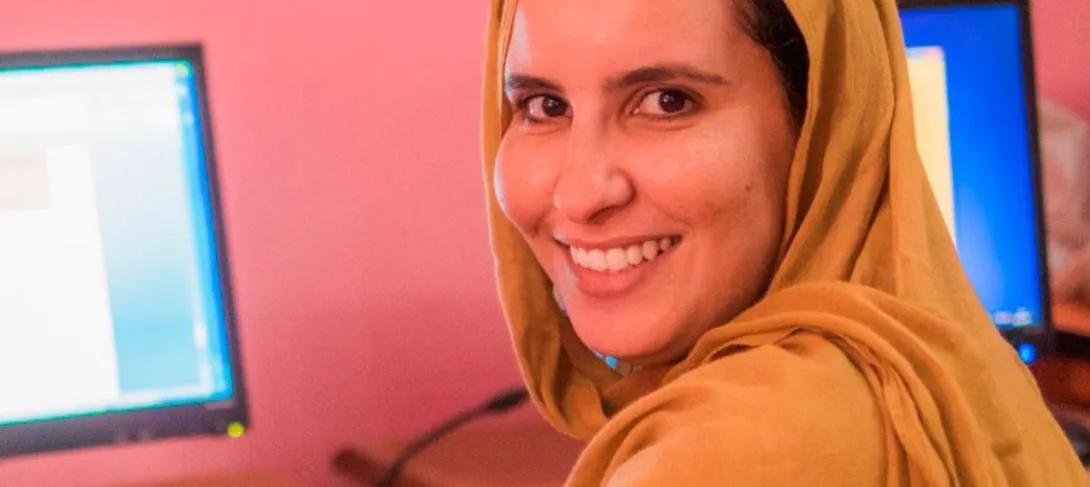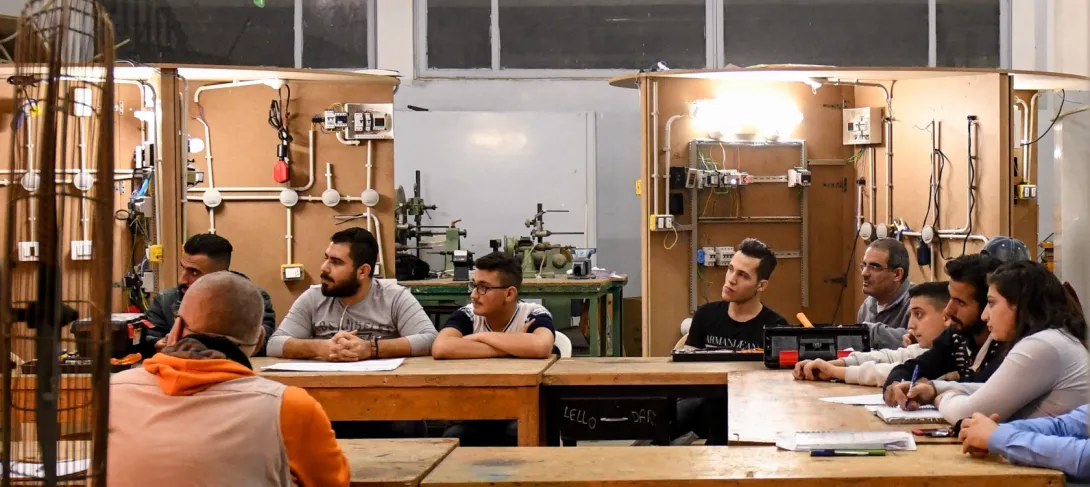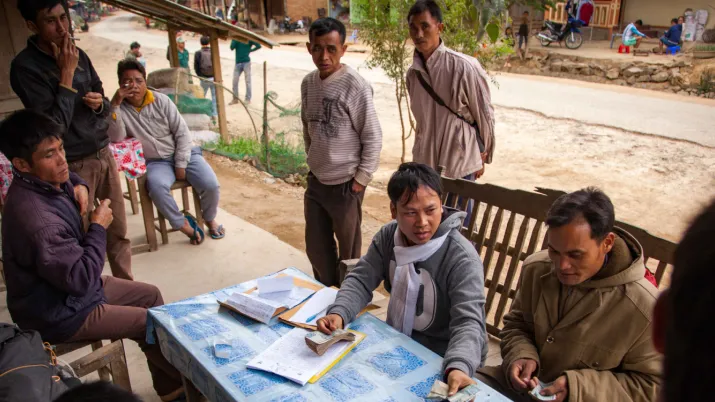Share the page
Transparency and dialogue

Information, dialogue and responding to requests are the prerequisites for a relationship of trust with all our partners. This a commitment of all AFD Group.
For us, supporting sustainable projects with strong impacts for populations involves submitting results to the judgments and opinions of all stakeholders.
Informing, conducting dialogue and providing responses are consequently among the pillars of the AFD Group.
Inform

AFD’s adoption of a transparency policy aims to meet the increasing demand expressed by public opinion and civil society actors to be better informed about the strategy, objectives and results of French Official Development Assistance. As an institution with a public service mission, AFD has committed to being accountable for its activities by making institutional, strategic and operational information available on its website. It also involves raising awareness and giving an understanding of our vision, our mandates and our actions. The aim is to establish an enhanced dialogue with our partners, particularly the Government, staff members, the beneficiaries of financing, CSOs, suppliers, but also peer organizations, local communities and residents, national and international public authorities and the financial and banking world.
In order to build a relationship of trust and a high-quality dialogue with its partners, AFD Group is committed to enhancing transparency over its activities. AFD takes a proactive approach to publishing information in line with international reference standards, within the limits of professional secrecy and business confidentiality, in accordance with the framework defined by the Monetary and Financial Code, and in accordance with French legislation on data protection.
Information about AFD-funded projects is published on:
- AFD’s Open Data portal and the website of the website of the International Aid Transparency Initiative (IATI). At the end of 2021, the published project data covered 81% of sovereign and non-sovereign AFD financing exceeding €100,000 and falling in the transparency scope. In 2022, thanks to its effort to publish and comply with the IATI standard, AFD moved from the “fair” to “good” category in the index established by the NGO Publish What You Fund (PWYF);
- The open platform of French public data.
Find out more
AFD Transparency Policy (2018)
AFD Group's Corporate Social Responsibility Policy 2018-2022
Dialogue

AFD Group is aware of the need to provide differentiated and concerted responses and dialogue with its partners is one of its main objectives.
Dialogue with the population, local authorities and civil society organizations
Ensuring that projects are effective and sustainable requires partnerships with civil society and/or consultation during the preparation, implementation and evaluation of projects.
In this respect, it makes sense to take into account the views of local authorities, affected populations and local NGOs about the impacts of the projects submitted for financing, especially when these projects involve a high environmental and social risk. During the appraisal and implementation of its projects, AFD Group ensures, through clauses and assistance, that the contracting authority consults the various project stakeholders (local populations in particular). Their interests and views are also included in project evaluations.
Dialogue on strategies
The strategic documents prepared by AFD, which determine its areas of operation in sectors and on crosscutting issues, are subject to a consultation with the supervisory ministries and a presentation to stakeholders prior to being submitted to the Board of Directors.
In the case of Country Intervention Frameworks, a dialogue with stakeholders (local authorities, donors, private sector, CSOs, etc.) is systematically conducted prior to the drafting of the document. These strategic documents can be consulted on our website in the sections on
AFD’s thematic areas, sectors and geographical areas of operation.
CSOs have been invited to workshops on AFD’s transparency and Corporate Social Responsibility and in the context of the implementation of the Social Business Facility, which aims to support the creation and development of social businesses. AFD has also enhanced its dialogue with international NGOs on their advocacy campaigns (bilateral meetings with Oxfam, ONE, Publish What You Fund, CCFD...).
Regulatory and institutional dialogue
AFD is required to be accountable to a group of stakeholders defined by regulations. This accountability is exercised at the Board of Directors, whose members include representatives from line ministries, parliamentarians, NGO representatives and staff representatives, as well as with social structures and via institutional documents and regulatory reporting (parliamentary reports, Group Registration Document, social report, economic and social database, etc.).
Dialogue with development actors
AFD Group also maintains a dialogue with all development actors. We have partnerships with over 150 organizations: international donors, UN agencies, regional and local authorities, NGOs, companies, foundations and think tanks.
Respond
E&S Complaints Mechanism
Any person or group of persons affected by an AFD-funded project from an environmental or social perspective can submit a complaint via the Complaints Mechanism.
Once the complaint has been submitted, it is registered by the mechanism’s Secretariat, under the supervision of AFD’s Ethics Advisor. A panel of independent experts decides whether it is eligible and, if so, deals with the complaint.
Thanks to this mechanism, AFD has strengthened the environmental and social monitoring of the projects it finances, with the aim of enhancing transparency and accountability towards its partners.




